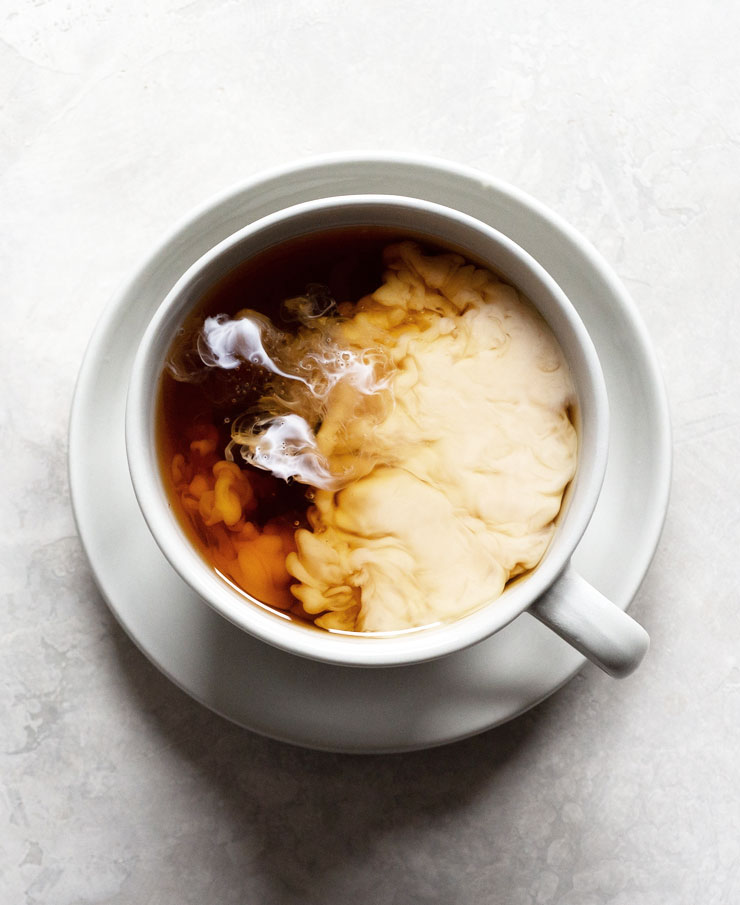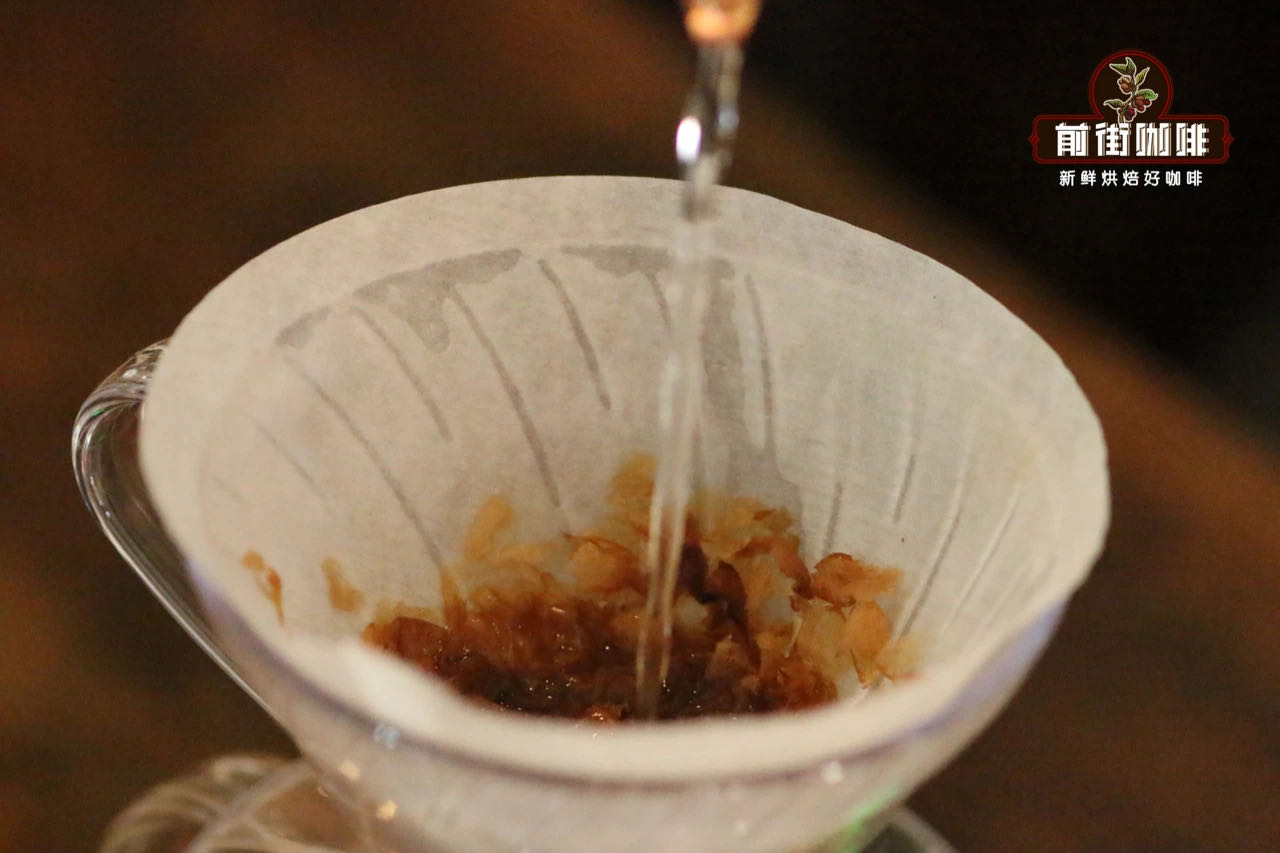Which is better, Ceylon black tea, highland tea or lowland tea? Recommended by the most famous brand of Ceylon black tea
Side effect
Ceylon tea is a safe and healthy dietary additive for most people if consumed in moderation. However, it does contain caffeine, which may have side effects on some people. Ceylon tea usually contains 23-110 milligrams of caffeine per 8 ounces. This is usually lower than the caffeine content of a cup of coffee, which is about 95 milligrams per cup, but depending on the brand and type of coffee, the caffeine content may be two or three times that amount.
Although caffeine intake has many benefits, including increasing alertness and reducing the risk of certain neurodegenerative diseases, it can also have a series of negative effects on health. In fact, excessive caffeine consumption can cause symptoms such as thirst, rapid heartbeat, insanity, sweating and muscle convulsions. (18) for pregnant women, it is also recommended to limit caffeine intake to less than 200 mg per day to reduce the risk of negative side effects and health problems.
To reduce the caffeine content in Ceylon tea, you only need to limit the time it takes to make tea. You can also pour boiling water on the tea, soak it for 30 seconds, then throw away the liquid, and then use the tea to make a new cup of tea. This method greatly reduces the amount of caffeine, but still allows you to take advantage of the health benefits and delicious taste of Ceylon tea.
Drinking large amounts of Ceylon tea may also cause some side effects. In one report, for example, a 37-year-old woman who drank nearly two liters of black tea a day was found that black tea impaired iron absorption and delayed the recovery of iron deficiency anemia. (19) fluoride found in Ceylon tea, if consumed in large quantities, can also lead to fluorosis, a disease that causes discoloration of teeth due to exposure to fluoride. (20)
In other words, drinking one or two cups of Ceylon tea a day can reduce the risk of side effects and allow you to take full advantage of the potential health benefits offered by this highly nutritious drink. If you notice any side effects, reduce your intake, and if symptoms persist, consider consulting your doctor.

Nutrition
Like other types of tea, Ceylon tea is rich in healthy polyphenols and antioxidants, as well as tannins, flavonoids and catechins. It contains almost no calories, but contains a small number of important trace elements, including fluoride and potassium.
Ceylon tea also contains some caffeine, about 23-110 milligrams per 8 ounces. This amount depends on several factors, including brand, tea type and soaking time.
Tea is a common ingredient that has been used in various forms of holistic medicine for thousands of years and is thought to naturally treat a variety of health conditions.
In traditional Chinese medicine, tea is often used to treat phlegm, quench thirst, fight fatigue and relieve itching. Tea is also thought to promote proper digestion, prolong life and increase qi, which is the vitality that flows through the body.
Tea is also very suitable for the Ayurveda diet. Green tea, in particular, is thought to help provide energy and improve concentration, while calming nerves and promoting blood circulation. However, there is still some debate about how caffeine fits the Ayurvedic way of life, especially for those who eat pitas or Vata do sands. In general, controlling your tea intake and listening carefully to your body can help you avoid the negative symptoms of caffeine and balance your dosha.
How is Ceylon tea made?
Fortunately, you don't have to trek to Sri Lanka to enjoy the unique taste, aroma and health benefits of Ceylon tea. In fact, there are many Ceylon tea brands in most major grocery stores as well as online retailers and specialty stores.
Look for pure Ceylon tea as much as possible, and try different types of tea to find your favorite. Green, red and white Ceylon tea all provide a different set of antioxidants and nutrients, making each worth adding to the diet.
Want to know how to drink Ceylon tea? Although many people like to soak tea in hot water and enjoy it, you can also use Ceylon tea to make iced tea, or use it to make your favorite soups, milkshakes and milkshakes. You can also try to add some herbs and spices to your tea to increase its taste and health benefits. There are unlimited possibilities, from honey to lemon, mint or Ceylon cinnamon tea.
Like ordinary tea, Ceylon tea is made from the leaves of tea trees, also known as camellia. During processing, leaves are picked, withered, oxidized and dried to produce the final product. Different kinds of Ceylon tea are processed differently. Take white tea as an example, white tea is harvested earlier and the processing process is very simple, while black tea goes through a lot of oxidation to obtain a darker color and unique taste.
Most people like to brew Ceylon tea in hot water, let the tea soak for two to five minutes, and then filter the liquid for a hot drink. However, there are many other ways to use Ceylon tea.
Important Notice :
前街咖啡 FrontStreet Coffee has moved to new addredd:
FrontStreet Coffee Address: 315,Donghua East Road,GuangZhou
Tel:020 38364473
- Prev

How do novices choose and buy hand-made single black coffee beans coffee silver skin will have an impact on coffee flavor
Coffee beans after grinding so much silver skin, do not clean it before brewing, this will not affect the flavor of the coffee? Qianjie has noticed that many friends will entangle the silver skin in the coffee powder when making coffee by hand, thinking that the silver skin will wash out the astringent taste and affect the flavor of the coffee. Is that true? So! The barista in front of the street seriously stirred up the coffee silver skin on the left is the coffee in front of the silver skin.
- Next
What is the effect and function of imported Ceylon blended black tea? Where is the best place for Sri Lankan black tea?
Ceylon tea, black tea and green tea Ceylon tea is simply any kind of tea produced in Sri Lanka, including all kinds of tea, including green tea, black tea and white tea. These different types of tea may be processed differently, but those grown and harvested in Sri Lanka are still classified as Ceylon tea. Ceylon tea is as effective as green tea, white tea and black tea. And its
Related
- Beginners will see the "Coffee pull flower" guide!
- What is the difference between ice blog purified milk and ordinary milk coffee?
- Why is the Philippines the largest producer of crops in Liberia?
- For coffee extraction, should the fine powder be retained?
- How does extracted espresso fill pressed powder? How much strength does it take to press the powder?
- How to make jasmine cold extract coffee? Is the jasmine + latte good?
- Will this little toy really make the coffee taste better? How does Lily Drip affect coffee extraction?
- Will the action of slapping the filter cup also affect coffee extraction?
- What's the difference between powder-to-water ratio and powder-to-liquid ratio?
- What is the Ethiopian local species? What does it have to do with Heirloom native species?

